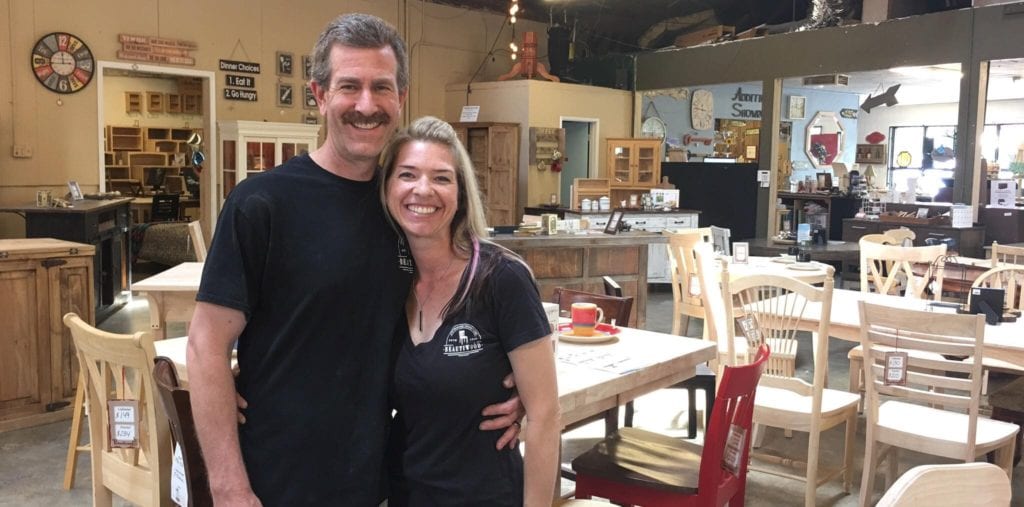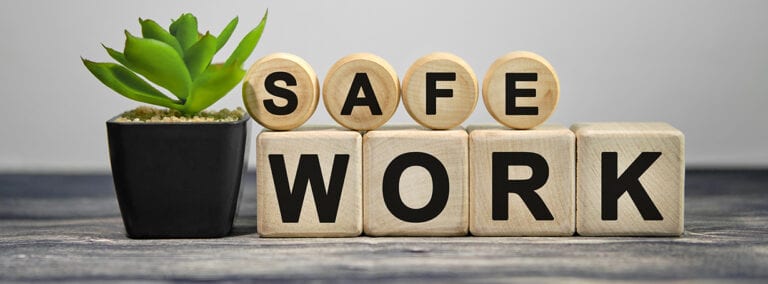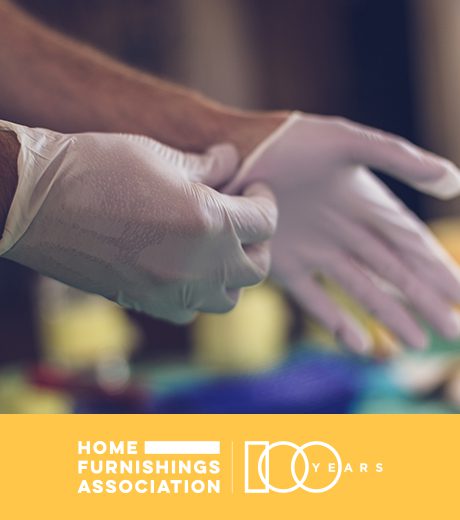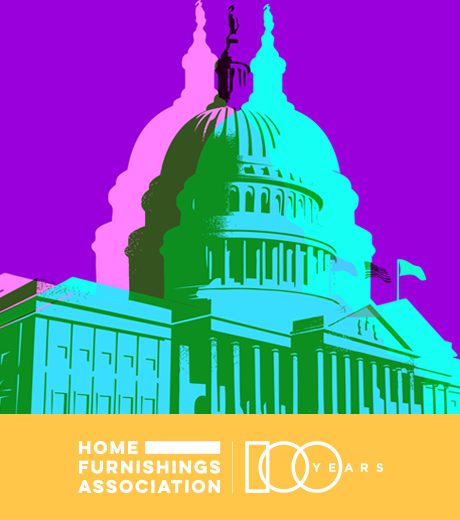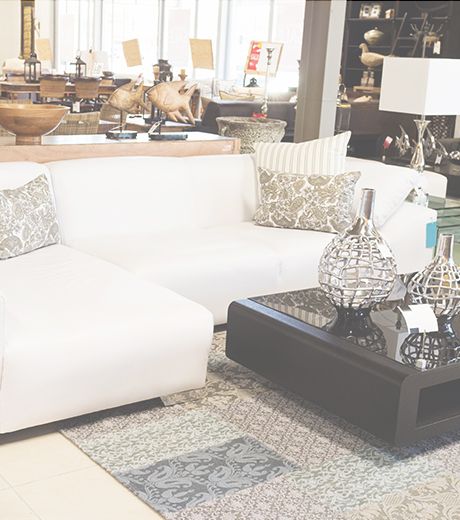When California Gov. Gavin Newsom ordered most businesses in the state to close, Kevin and Jennifer Large didn’t take that as the last word.
After all, Beautiwood Unfinished Furniture in Fresno had customers waiting.
“We are still working for you!” Jennifer wrote on the business Facebook page. “We are lucky to be able to continue to finish pieces while our showroom is closed to the public. We want our customers to know we are getting your orders finished.”
The 60-year-old business specializes in unfinished or custom-finished heirloom and real-wood furniture. While Kevin and Jennifer could complete custom-finish orders, they wanted to be sure they could deliver the finished products to customers. So they asked the city — and received, quickly and in writing, the following answer from Fresno’s chief assistant city attorney, Erica M. Camarena:
“Showrooms cannot be opened but furniture stores can still do deliveries for previously purchased items.”
That didn’t grant permission to conduct business as usual, but it was a help. It also illustrated what many Home Furnishings Association members might already know: They can get the fastest and most sympathetic responses from their local governments, which generally want to support small businesses in their communities.
What products are essential to our customers?
Paul Fenker in LaPorte, Ind., had a different question about the state of Indiana’s restrictions on businesses, which were issued March 23. HFA member Fenkers Furniture Co. planned to close today in compliance with Gov. Eric Holcomb’s order. But Fenker wondered whether at least one of the products he sells could be considered essential: lift chairs.
After all, Indiana’s list of “essential businesses and operations” includes those that sell “household appliances and medical and orthopedic equipment.”
It also names “businesses that sell, manufacture, or supply products needed for people to work from home.” It adds businesses selling “products necessary to maintaining the safety, sanitation, and essential operation of residences …”
Those are categories broad enough to drive a delivery truck through. Someone can require a comfortable sofa to work from home. Chairs, tables, lighting, flooring, carpeting, beds, dressers and any other household furnishings are “necessary to maintaining the essential operation of residences.”
Fenker Furniture gets the OK to stay open
There should be no question about the necessity of lift chairs, which many elderly or infirm people need to get up. Medicare may cover at least part of the cost if a doctor provides a certificate of medical necessity.
Seeking clarity, Fenker called the mayor’s office in LaPorte, which in turn gave him a state hotline number. Fenker explained some of the products he offers, including lift chairs and home office furniture, and was told he could keep his business open. The woman at the hotline only suggested he might reduce his hours. “I thought, lady, you don’t know how few people we have coming in,” he said.
For now, Fenkers Furniture is open. Fenker said he plans to re-evaluate Saturday and decide whether to stay open next week. In his half-century at the family owned store, which was founded by his grandfather in 1903, he has never faced anything like this.
“You think you’ve seen everything,” he said, “but you haven’t.”
Buy local and ask local officials for guidance
For Kevin and Jennifer Large, one of the lessons that should emerge from this crisis is obvious: “The most important part is when we get out of our homes we HAVE TO SHOP LOCAL!,” they wrote on their Facebook page. “Please spread the word … if you can go to a local website, call the store, or email, please do. We want to thank all of our wonderful customers, friends and family for checking in on us, realizing this is our livelihood and how we survive! Together as a community ( and a human race) we will come through this better then ever. Support those who need it most! Spread the love!”
A similar lesson holds true for government: Check local first.
